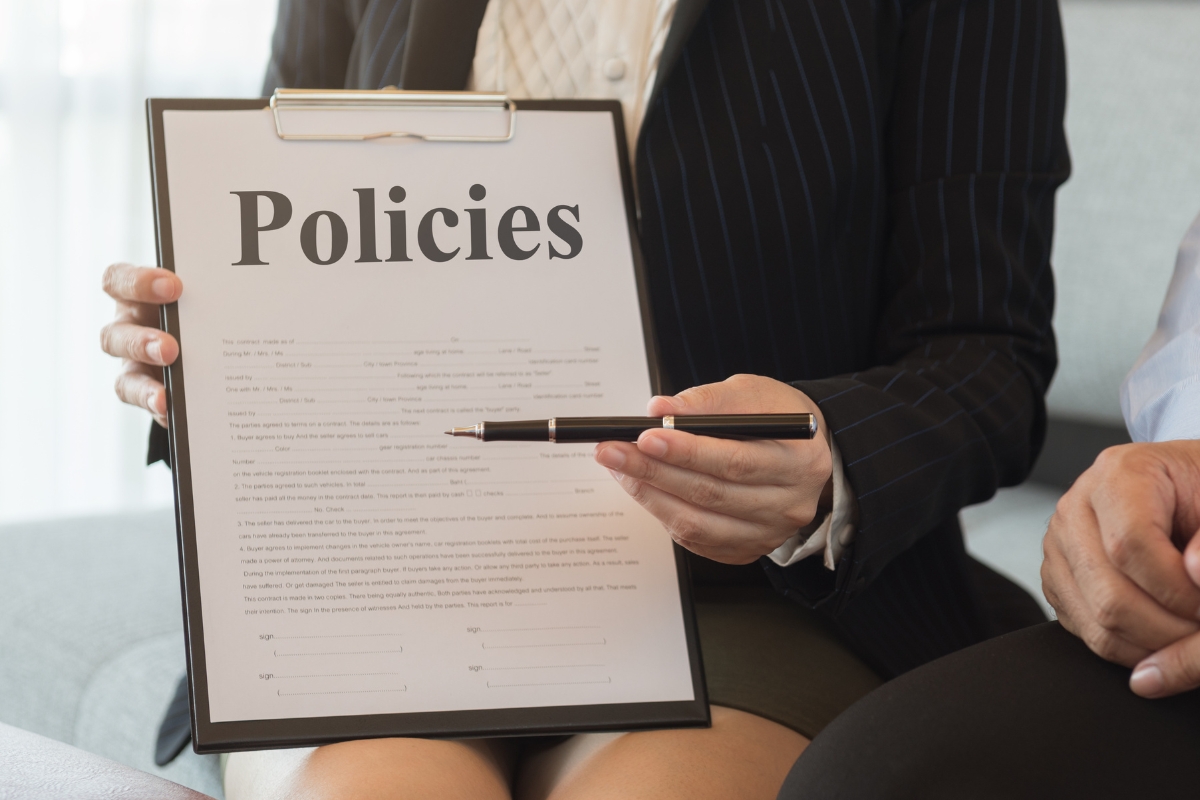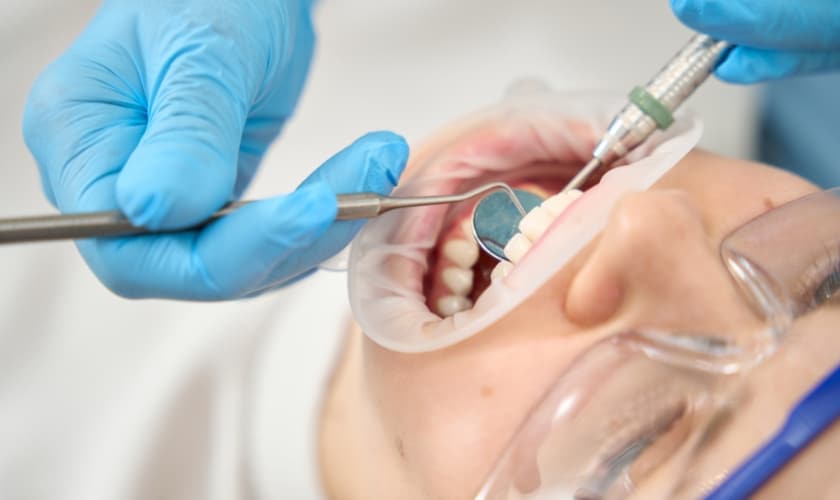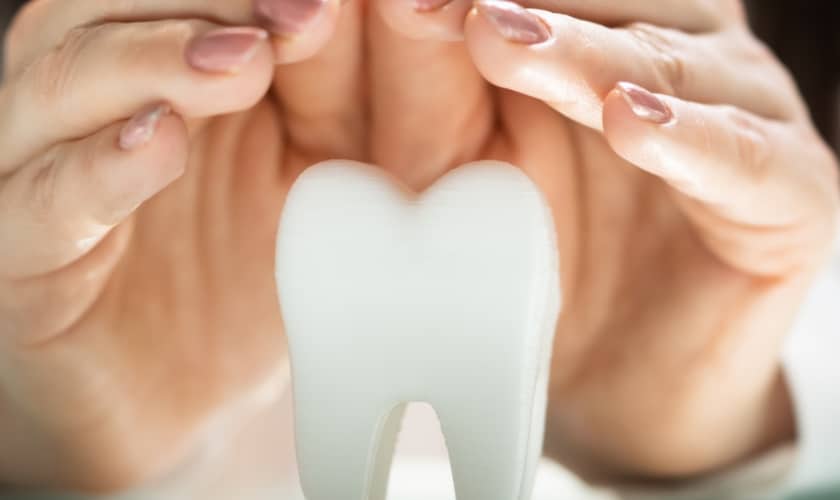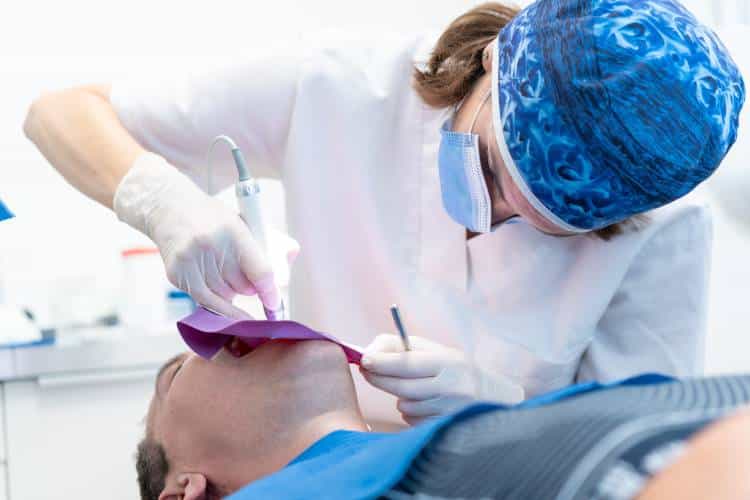Taking care of your teeth and gums is essential for overall health, but many people unknowingly miss out on key habits that could enhance their oral hygiene routine. A comprehensive routine dental care checklist goes beyond just brushing and flossing — it includes several important steps that help maintain a healthy, bright smile.
In this blog, we’ll explore common dental habits people overlook and offer tips on how to improve your routine for better oral health.
The Basics of Dental Care: Brushing and Flossing
Let’s start with the essentials — brushing and flossing. These two habits are the foundation of any routine dental care. However, it’s important to do them correctly and regularly.
- Brushing: Brushing your teeth twice a day for two minutes is the most basic yet most important habit for maintaining good oral hygiene. Be sure to use a fluoride toothpaste and a soft-bristled toothbrush to avoid damaging your gums and enamel.
- Flossing: Flossing at least once a day removes plaque and food particles from between your teeth that brushing can’t reach. Many people neglect flossing, but it’s crucial for preventing gum disease and cavities.
While these habits are essential, you may be missing a few additional steps that can boost your oral health.
Additional Steps To Boost Your Oral Health
1. Using Mouthwash for Complete Protection
While brushing and flossing remove food particles and plaque, mouthwash adds an extra layer of protection.
- Why Use Mouthwash? Mouthwash helps rinse away bacteria in your mouth and can freshen your breath. Some mouthwashes contain fluoride, which can strengthen your enamel and prevent cavities.
- The Right Mouthwash: Look for a mouthwash that contains fluoride or antimicrobial agents for the best results. Avoid alcohol-based mouthwashes, as they can dry out your mouth and lead to irritation.
Mouthwash should be used as a supplement to brushing and flossing in your routine dental care, not a substitute. It can help you achieve a more thorough clean and protect against issues like gum disease, bad breath, and cavities.
2. Changing Your Toothbrush Regularly
It’s easy to overlook how often you replace your toothbrush, but using an old toothbrush can affect your oral health.
- Why Replace Your Toothbrush? Toothbrushes lose their effectiveness after a few months of use. Over time, the bristles become frayed, which makes it harder to remove plaque and food debris from your teeth.
- When to Replace It: Replace your toothbrush every 3–4 months, or sooner if the bristles look worn. If you’ve recently had an illness, consider changing your toothbrush to avoid reinfection.
Switching to an electric toothbrush can also improve your brushing technique and help you reach more areas of your mouth. Electric toothbrushes have been shown to remove more plaque than manual brushing.
3. Incorporating Regular Dental Checkups
Even if you have a solid at-home routine dental care, it’s important to visit the dentist regularly for professional cleanings and exams. Many dental issues are not visible to the untrained eye, which is why a dentist can spot potential problems early.
- Why Are Checkups Important? Regular checkups allow our dentist to detect issues like cavities, gum disease, and oral cancer early when they are easier to treat. Professional cleanings also remove tartar buildup that your toothbrush and floss can’t handle.
- How Often Should You Visit the Dentist? It’s recommended that you visit our dentist at least twice a year. If you have specific dental issues or risk factors, dentists recommend more frequent visits.
Dental visits are essential for maintaining optimal oral health and preventing serious problems down the line.
4. Using a Tongue Scraper
While brushing your teeth is a crucial part of routine dental care, it’s easy to overlook cleaning your tongue, which can harbor bacteria and cause bad breath. Incorporating a tongue scraper into your routine dental care can help maintain overall oral hygiene by keeping your tongue clean and fresh.
- Why Clean Your Tongue? The surface of your tongue can accumulate bacteria, food particles, and dead cells that contribute to bad breath and plaque buildup. Using a tongue scraper helps remove this buildup.
- How to Use It: Gently scrape the surface of your tongue from back to front several times, rinsing the scraper after each pass. You can also use the back of your toothbrush as an alternative.
Adding a tongue scraper to your routine dental care is a quick and easy way to improve your oral hygiene routine and maintain fresh breath.
5. Eating a Balanced Diet for Oral Health
Your diet plays a crucial role in maintaining healthy teeth and gums. Eating foods that are rich in nutrients can help strengthen your enamel and reduce your risk of tooth decay and gum disease.
- Foods to Avoid: Limit sugary snacks and beverages, as they feed the bacteria in your mouth that cause cavities. Acidic foods like citrus fruits can also erode enamel over time.
- Foods to Include: Incorporate calcium-rich foods like dairy products, leafy greens, and fortified foods to strengthen your enamel. Crunchy fruits and vegetables like apples and carrots also help clean your teeth naturally while you eat.
Drinking plenty of water throughout the day is another important habit for maintaining a healthy mouth. Water helps rinse away food particles and bacteria, promoting better oral health.
6. Avoiding Smoking and Excessive Alcohol Consumption
Both smoking and excessive alcohol consumption can have a significant negative impact on your oral health.
- Why Should You Quit Smoking? Smoking contributes to gum disease, tooth decay, and bad breath. It also stains your teeth and can lead to oral cancer.
- How Alcohol Affects Your Teeth: Drinking alcohol in excess can dry out your mouth, reducing saliva production and increasing your risk of cavities and gum disease. Alcoholic drinks, especially wine, can also stain your teeth over time.
If you smoke or drink heavily, consider reducing or quitting to improve both your overall health and your dental health.
Building a Comprehensive Dental Routine!
Incorporating these often-overlooked habits into your routine dental care can help you maintain better oral health for a lifetime. Here’s a quick checklist of what you can add to your daily dental care:
- Brush your teeth twice a day with fluoride toothpaste.
- Floss once a day to remove plaque and food particles.
- Use mouthwash for additional protection.
- Replace your toothbrush every 3–4 months.
- Schedule regular dental checkups.
- Clean your tongue with a scraper.
- Eat a balanced diet and drink plenty of water.
- Avoid smoking and excessive alcohol consumption.
Focusing on these small but important habits can ensure that your routine dental care is complete and effective. A healthy smile starts with consistent care, so take the time to build a routine that works for you. The benefits will last a lifetime!





